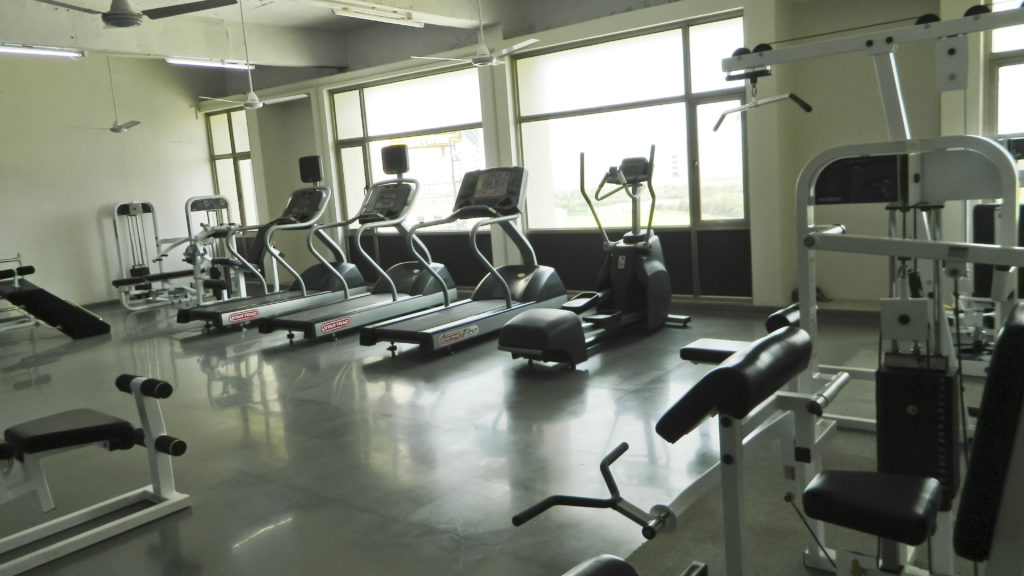Are You Paying Unnecessary Bills?

None of us like having to pay bills and yet many of us choose to pay bills that we don’t actually need. If you’re looking to make cutbacks to your spending, consider whether you’re paying any of these unnecessary bills.
Personal debts
Some debts can be necessary in order to pay for emergencies, whilst others such as mortgages could allow to buy assets you otherwise wouldn’t be able to afford. However, other debts could be simply the result of bad budgeting. If you’re constantly borrowing money – whether you’re taking out loans or paying for things on a credit card – consider taking steps to control your bad borrowing habits. By having less debts, you’ll pay less each month and have more disposable income.
First, make efforts to stop buying things on finance such as cars and furniture and start paying for them out of your own pocket by saving up first – you’ll pay less overall as you won’t have the added interest that comes with a debt. As for payday loans, start budgeting each month so that you’re less likely to run out of cash at the end of each month.

Unused subscriptions
Many of us pay for subscriptions each month that we don’t get use out of – they could be coming out our account without us even realising. Cancelling these subscriptions could save you a lot of money.
Look out for software subscriptions that you don’t use or streaming service bills. Gym memberships can also be a big one – if you’re not going to the gym regularly, consider whether you’re really getting your money’s worth. You may even be able to do away with your TV subscription and rely on free live TV streaming if you rarely watch TV. As for discount club fees, consider whether you’re really making use of these discounts – there’s no use in being a member of CAMRA if you rarely drink real ale.

Insurance
Some forms of insurance are mandatory such as car insurance, whilst others can be optional but still worthwhile such as home insurance. It’s really the niche insurance schemes that you should be careful of – many people don’t even realise that they’re paying these.
For example, are you paying for a warranty on your phone or any other personal item? Many of us get talked into taking out warranties – whilst these may only be a couple quid each month, this can add up over the course of a year. Such protection could be useful if you’re prone to accidents, but if you’re generally quite sensible you may not need this protection. Besides, many warranties may only cover repairs for faults and not for breakages that were directly your fault. As for theft and fire damage, this could be covered by your home insurance scheme.
Other niche insurance schemes may be a waste of money in certain circumstances. In many cases, you’re better off investing in prevention measures rather than taking out insurance. For example, if you live in a high-risk flood zone, consider investing in ways of protecting your home from floodwater rather than paying high flood insurance fees.

Energy bills
Believe it or not, it’s also possible to get rid of your energy bills. More homes are beginning to embrace sustainable power options such as running off solar panels. Whilst installing solar panels is certainly an investment, it could allow you to generate your own power for electricity and heating, which could prevent you from ever needing to pay an energy bill again.
Some homeowners take things one step further by taking their water supply off-grid. This may only be suitable for certain types of homes in certain areas that receive enough rain or are close enough to the water table – by digging a well or installing a rainwater recycling system, you can have your own water supply. You may also want to eliminate your sewerage bill by installing a septic tank although you’ll still have to get somebody to collect this wastewater on a regular basis.
